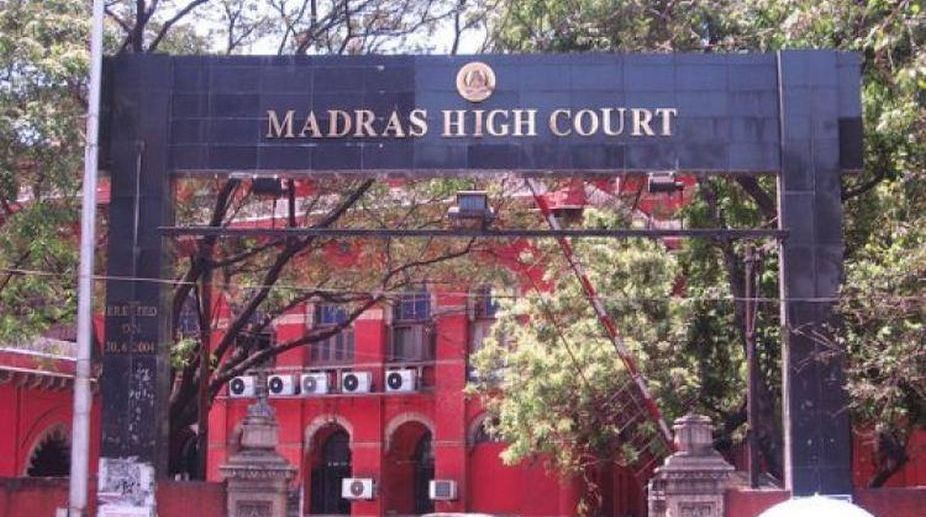Prisoners bath in Sangam water inside jail in Lucknow
Prisoners of Lucknow District Prison took a bath in the holy confluence water of Mahakumbh on Friday.

Madras High Court (Photo: Facebook)
In a historical verdict, the Madras High Court on Thursday said the prisoners should not be denied their conjugal rights. “Conjugal visits of the spouse of the prisoners should be allowed,” said a bench of justices S Vimala and T Krishnavalli.
The judgment was described as ‘historical’ and ‘landmark’ by clinical sexologists and psychologists who have been demanding that convicts serving prison terms should be considered as human beings and they should not be denied their conjugal rights.
Advertisement
The ruling came in a case where the wife of a 40-year-old life term convict, Sidhique Ali, detained at Palayamkottai Central Prison, filed a Habeas Corpus petition following the refusal of the deputy inspector general of police (Prisons) to release Ali for assisting his wife in infertility treatment, inspite of request submitted by the former.
Advertisement
After the verdict, the judges allowed Ali to take leave for two weeks.
The woman had last year approached the court with a request to release her husband for 60 days for infertility treatment after assurance by doctors that she stood a chance to get pregnant through treatment.
Though the court had asked the state government and the prison authorities to consider her plea, the petition was rejected on the ground that his personal life would be in danger.
This made her approach the court again with the Habeas Corpus petition.
The justices quoted a 1978 verdict by the Supreme Court which said: “Whether inside the prison or outside, a person shall not be deprived of his guaranteed freedom, save by methods, rights, just and fair. The bench also said that “even though the wife is not under incarceration, but a suffering person outside the prison on account of the marital relationship with the prisoner and her legitimate expectation to have a child cannot be declined”.
Allowing his release for two weeks, the court also stated that if the preliminary investigation by the doctors say that there is a possibility of cure and further treatment is necessary, then it would consider the extension of leave by another two weeks.
Describing the verdict as ‘humane’ and filled with compassion, T Kamaraj, a medical doctor with specialisation and PhD in reproductive medicine, said this verdict would go a long way in bringing down instances of sexual abuses, violence and frustration reported from jails all over the country. “We need laws which treat prisoners as human beings. Just because they are convicts and sentenced by the court, their sexual rights should not be violated and denied,” said Dr Kamaraj.
Advertisement